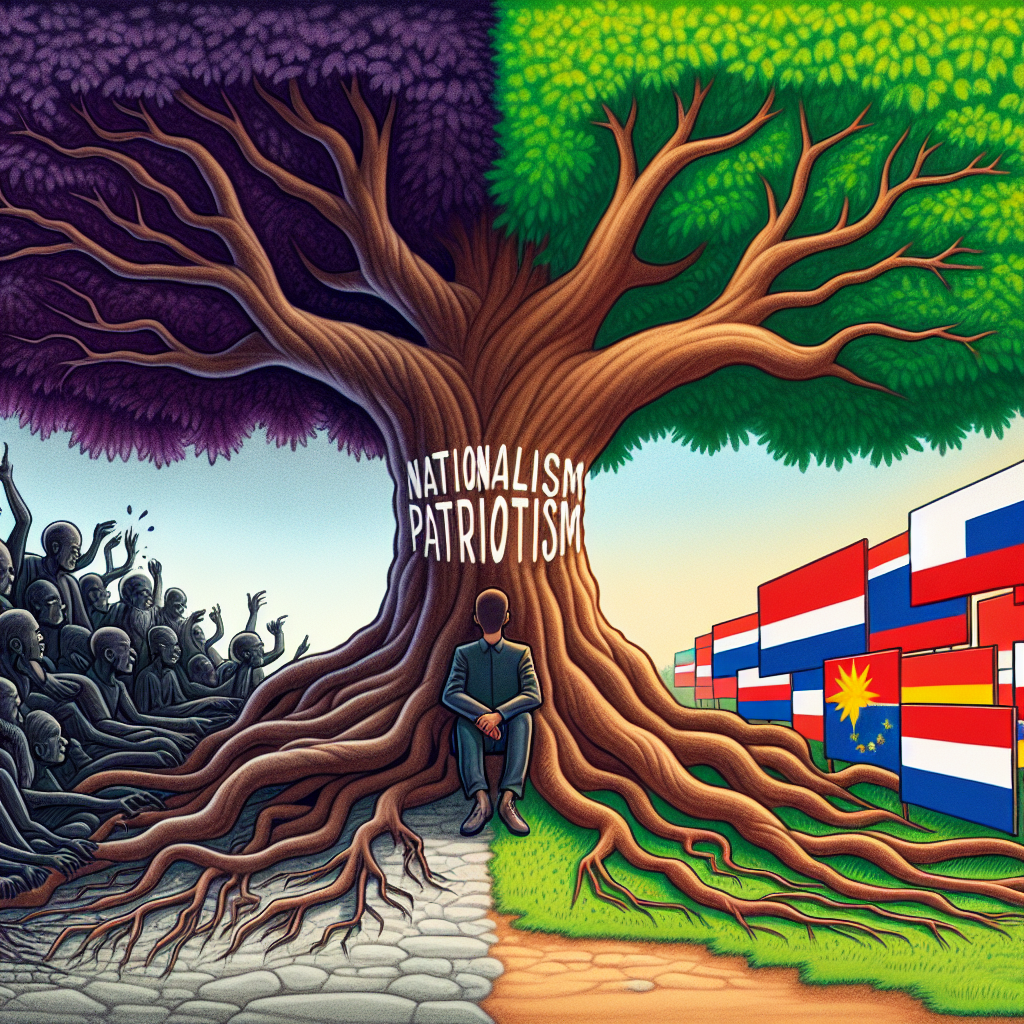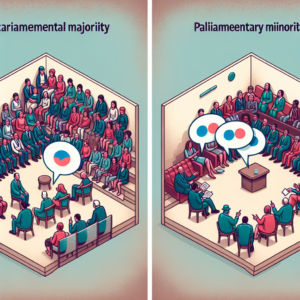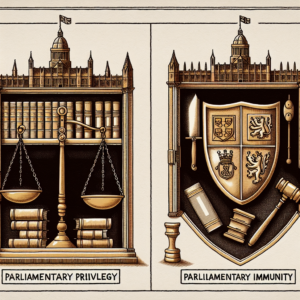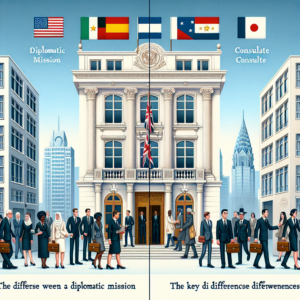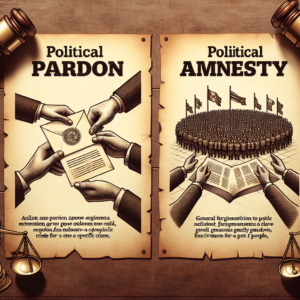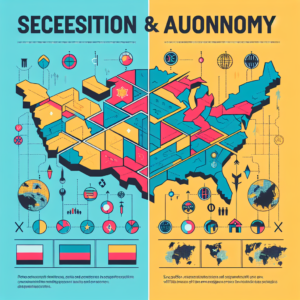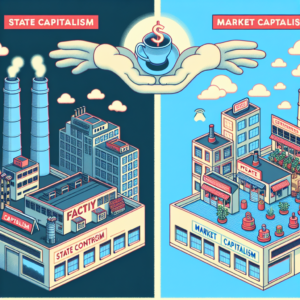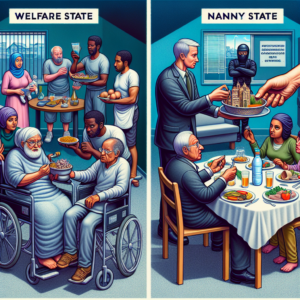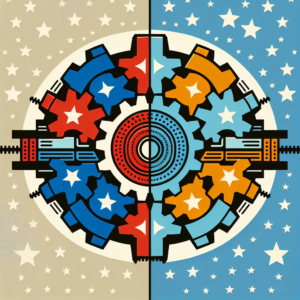Even though they are often used interchangeably, nationalism and patriotism are distinct concepts with different implications. Understanding these terms is paramount as they play a pivotal role in shaping societies worldwide. So, what is the difference between nationalism and patriotism? This article will clarify these two concepts and highlight their key differences.
Understanding the Concepts: Nationalism and Patriotism
Nationalism is an ideology or political system that emphasizes the interests of a particular nation or ethnic group, especially with the aim of gaining and maintaining the nation’s sovereignty (self-governance) over its homeland. Nationalists believe in the unique identity of their nation and maintain that it should hold the highest priority. They often express a deep sense of pride and loyalty towards their nation and its culture, history, and language.
Patriotism, on the other hand, is the feeling of love, devotion, and sense of attachment to one’s homeland and alliance with other citizens who share the same sentiment. Patriots express their attachment to their country, its people, and values but do not seek to impose their beliefs on others. They might criticize their country’s policies or actions when they believe they are wrong, but this does not diminish their love for their country.
Delving into the Distinct Differences: Nationalism vs Patriotism
While both nationalism and patriotism involve a level of pride and loyalty towards one’s country, the two concepts differ in their intensity and focus. Nationalism often implies a sense of superiority and a desire for domination or independence, whereas patriotism is about love and respect for one’s country and its values.
Nationalists often view their nation as superior to others and may advocate for their nation’s interests even when these contravene the interests of other nations. They are likely to be intolerant of other cultures and ideas that do not conform to their own. A more extreme form of nationalism can lead to xenophobia, racism, and conflict with other nations.
Patriotism, in contrast, is a more benign and inclusive form of national pride. Patriots love their country and feel proud of it, but they also respect other countries and cultures. They believe in international cooperation and global peace. Patriots are often open to criticism of their country because they understand that no country is perfect, and improvement is always possible.
When comparing nationalism and patriotism, it is clear that these two concepts, although related, differ in their implications and intensity. Both involve a form of pride and love for one’s country, but nationalism is more intense and exclusive, while patriotism is more benign and inclusive. So, what is the difference between nationalism and patriotism? It lies in their respective attitudes towards other nations and the world at large. Understanding these differences can help in fostering an environment of global peace and cooperation.

